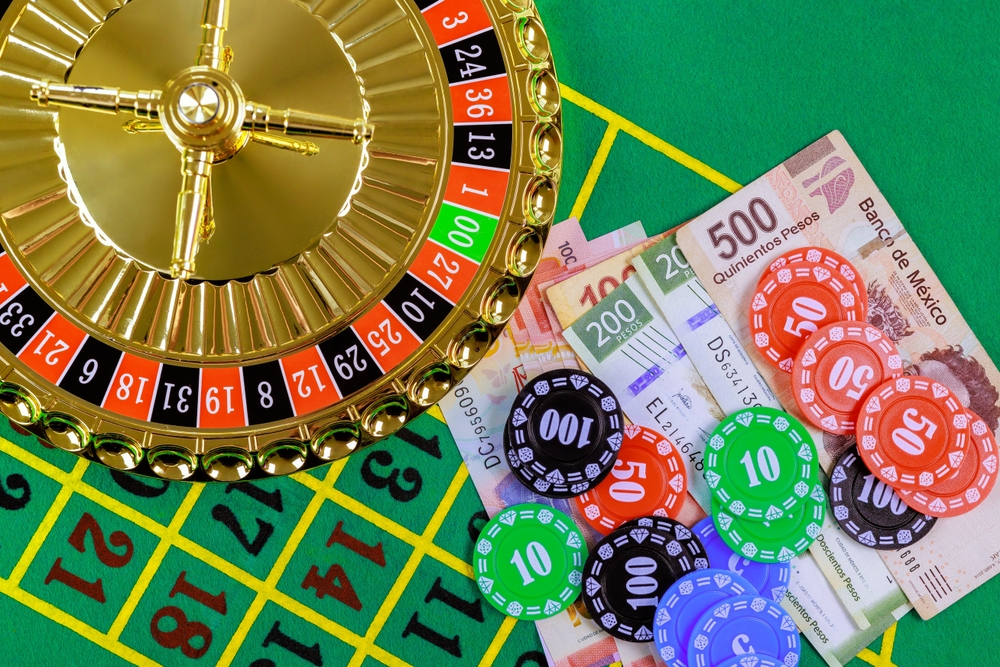EXCLUSIVE: Mexico, Latin America’s largest gambling market, is facing a massive 50 percent hike in direct betting taxes, and the move has been triggered by swingeing “Trump Tariffs”, a highly-placed source told iGamingFuture today.
“This is a direct consequence of President Trump’s tariffs,” a highly placed source in Mexico’s Ministry of Finance, speaking on the condition of anonymity, told me.
On top of the standard 30 percent VAT that all national businesses pay on their gross profit, Mexico’s Finance Minister Édgar Amador is now proposing a big increase in an additional tax that is levied on GGR (Gross Gaming Revenue).
It’s called the Special Tax on Production and Services (IEPS) and Amador wants to raise it from the current 30 percent to 50 percent.
Despite being a member of the so-called North American Free Trade Agreement (NAFTA), along with the U.S. and Canada, Mexico has been buffeted by yo-yo tariffs, imposed, increased, decreased, temporarily suspended by President Trump under the aegis of controlling undocumented migration and the flow of the synthetic drug fentanyl from their southern neighbour.
“From one day to the next we do not know where we are,” the Mexican financial source told me. “We need to stabilize our finances. And setting new taxes is one way of doing this.”
Nevertheless, hammering the lucrative gambling industry for more money to help fill gaping budget deficits is becoming increasingly common around the world – and cannot be laid exclusively at Mr Trump’s door.
Sin Taxes
A round-up of many U.S. jurisdictions will show that a number of states–New York most prominent among them–have tax rates hovering just over or under the 50 percent mark.

And here in the UK, as keenly reported by this newspaper, the new Labour Party administration of Sir Keir Starmer–urged on by powerful social voices and a canyon-wide deficit, estimated at £50 billion (US$67.76bn)–also seems certain to impose big new gambling taxes in the coming Autumn Budget.
Gambling levies also have the sanction of being portrayed as “Sin Taxes”, much as Mexico IEPS, for example, is also imposed on carbonated drinks, some junk food and tobacco.
Mexico gambling market was worth US$11.37 billion last year (£8.38bn), and growing at a forecast compound rate of 15.71 percent every year, is expected to reach US$40.64 billion by 2033 (£29.96bn).
Analysts estimate the new rate of gambling taxes–if imposed–will raise Mexican Pesos 41 billion a year, the equivalent of US$2.21 billion (£1.63bn).
The Mexican Senate will vote on the proposed tax rise before October 31.
Watch this space.
And catch our Mexico correspondent Rose Ochoa’s Special Report in our sister publication, iGamingFuturo, on Monday.




